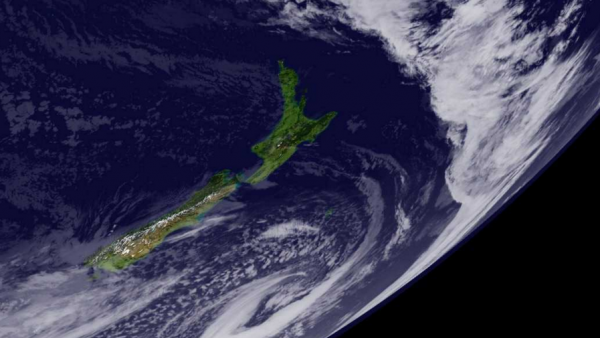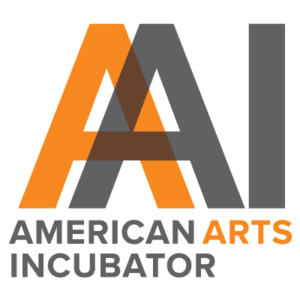We are excited to be kicking off our work with ZERO1. The American Arts Incubator is an opportunity to work with international artists, designers, and scientists on global and local climate change issues, digital tech, and forms of civic engagement. This involves a lot of interdependent parts, and we will be pulling apart this constellation of components through these posts. The starting point for us is the City of Dunedin on the South Island of New Zealand. Our residency in Dunedin will coincide with The New Zealand International Science Festival in July, creating an amazing springboard for this cultural incubator.
Dunedin is the southernmost city of New Zealand, putting it in direct proximity to the Antarctic Ocean, the west coast Glaciers in the Southern Alps and the 600km Alpine Fault line that has produced four earthquakes around magnitude 8 in the past 900 years.
New Zealand is under an increasing number of climate stresses. New media and research methods, such as crowd-sourced content, real-time climate sensors, and community mapping allow designers and artists to engage scientific and environmental scales of work. Dunedin has active science and climate research communities, including interesting work developing at University of Otago, Otago Museum, and the Otago Climate Change Network. We look forward to learning from these institutions and developing an understanding of their on-the-ground perspective of Dunedin as a cultural and climatic intersection.
Artist Core Project Overview
Climate change and natural stresses are impacting every aspect of life. Designers are in a unique position to identify and amplify new scenarios and potentials that engage the public about this changing world. Drawing from scientific and artistic field-research practices, we will develop ways of seeing the changing landscape in the Anthropocene. This will develop as ‘field kits’ and ‘field guides’, as a way of bringing this work back out into the environment in various ways.
We will develop a further understanding of the scope of this project during the pre-trip, so that it can respond to local knowledge and priorities. However, we anticipate the project to be have a crowd-sourced component, collecting tools and methods of research from climate practices, both scientific and artistic. We will collect (through our core project and connected community projects) weather and air quality data through sensor technology, and anecdotes related to the changing relationship of climate in daily life. These will be developed into physical artifacts and/or video installations for the final Exhibition.

